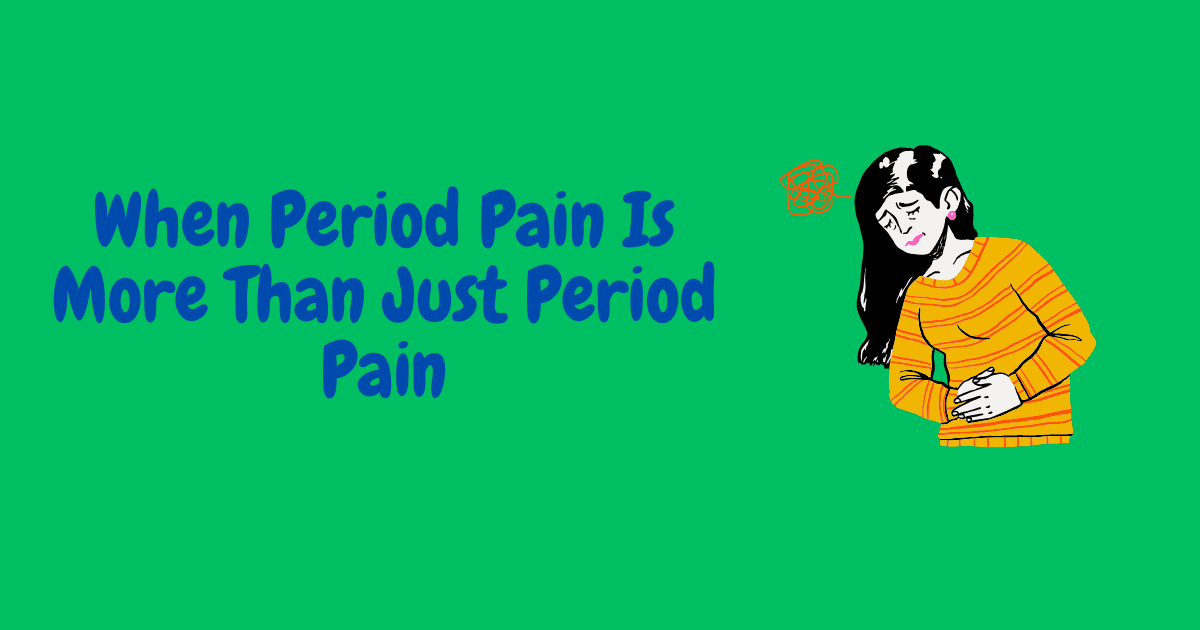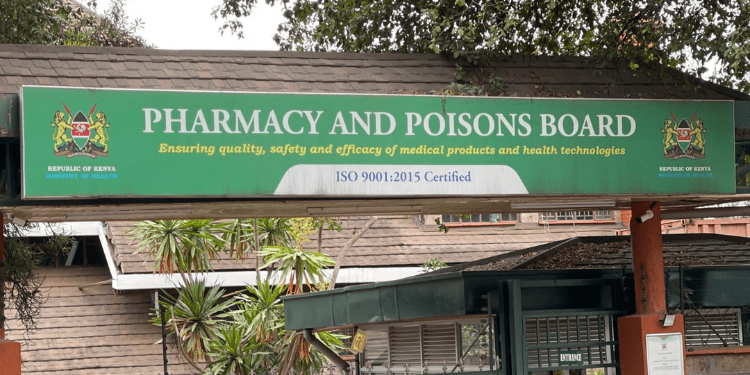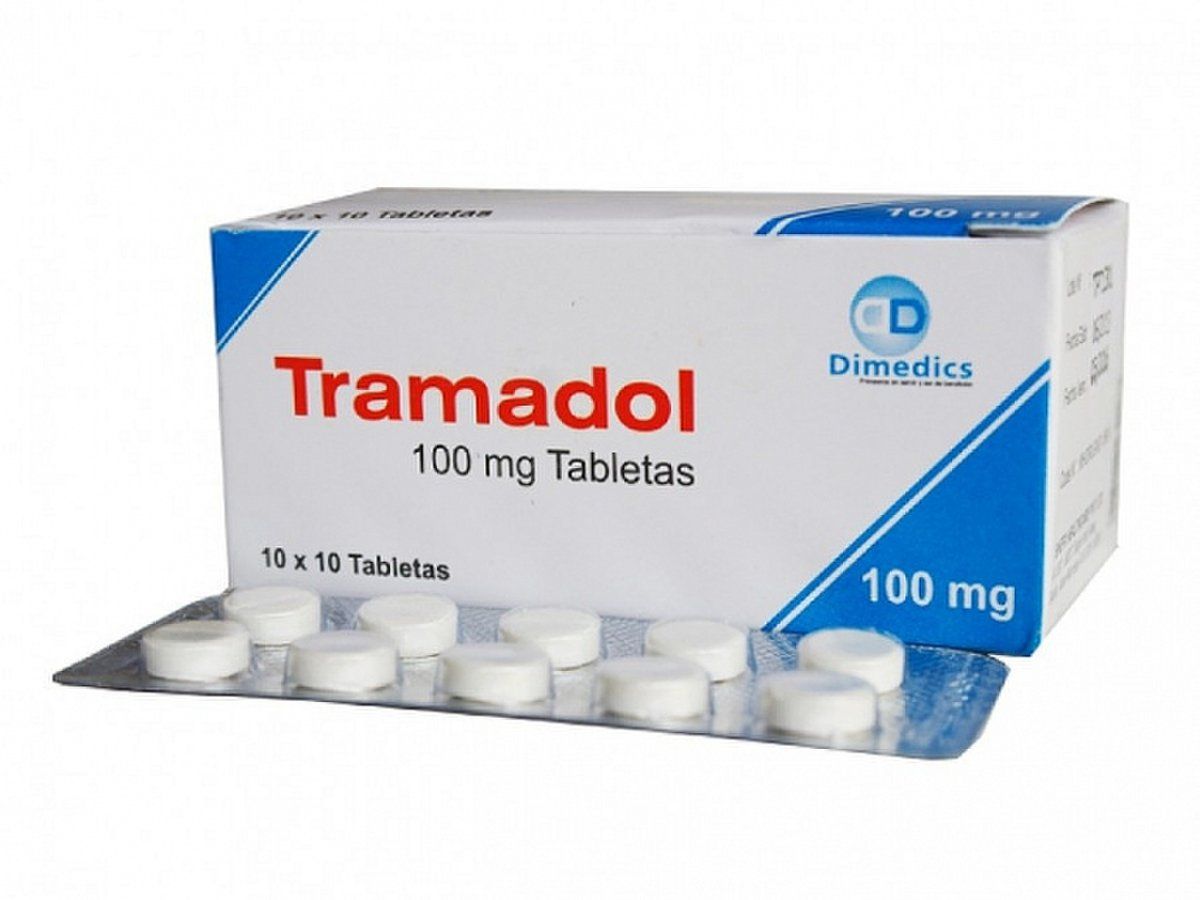We’ve all heard it before: “Period pain is normal. Just take some ibuprofen and push through.” And sure, some cramping is part of the package for many of us. But here’s what nobody talks about enough: severe period pain that derails your life isn’t normal, and you shouldn’t have to live with it.
If you’re spending days curled up in bed, missing work or school, or relying heavily on pain medication just to function, it’s time to have a serious conversation with your healthcare provider. Let’s talk about the red flags that mean your period pain deserves medical attention.
The Line Between Normal and Not Normal
Here’s the truth: some discomfort during your period is expected. Mild cramping, a bit of lower back achiness, feeling slightly off for a day or two? That’s within the realm of normal.
But if your pain is so intense that you can’t think straight, if you’re canceling plans every month, if you’re lying on the bathroom floor wondering how something that happens naturally can hurt this much, that’s crossing a line. Your body is trying to tell you something.
Red Flags You Shouldn’t Ignore
Your Pain Is Interfering With Your Life
This is the big one. If your period pain is so severe that you’re missing work, school, or important activities, that’s not okay. You shouldn’t have to plan your life around your period or call in sick every month because the pain is unbearable. When your cramps are keeping you from living your life, it’s time to get help.
Your Symptoms Are Getting Worse
Maybe your periods used to be manageable, but lately, they’ve been getting progressively worse. The pain lasts longer, feels more intense, or comes with new symptoms you didn’t have before. This kind of change shouldn’t be brushed off. Progressive worsening often signals that something more serious is developing.
You Suddenly Developed Severe Cramps After Age 25
If you sailed through your teens and early twenties with relatively pain-free periods, and suddenly they become agonizing in your mid- to late twenties or beyond, pay attention. This is particularly important if your periods were never painful before. Sudden onset of severe cramps later in life is a classic sign of secondary dysmenorrhea, which means there’s likely an underlying condition that needs treatment.
Over-the-Counter Medications Aren’t Cutting It Anymore
You’ve tried ibuprofen, you’ve tried Panadol and Panadol Extra, you’re using a heating pad religiously, and nothing is making a dent in the pain. When the standard remedies that work for most people aren’t providing relief, your body is waving a big red flag. You deserve better pain management, and there are other options available, but you need a doctor to access them.
You Have Pain Between Periods
Period pain during your period is one thing. But if you’re experiencing pelvic pain at other times in your cycle, especially during ovulation or randomly throughout the month, something else might be going on. Pain during intercourse is another major warning sign that shouldn’t be ignored.
You’re Seeing Signs of Infection
Fever accompanying your period? Foul-smelling vaginal discharge? Sudden, severe pelvic pain that feels different from your usual cramps? These could indicate pelvic inflammatory disease or another infection. This is a “see a doctor now, not later” situation. Infections in your reproductive organs need prompt treatment to prevent serious complications.
What Might Be Behind Severe Period Pain?
When period pain is this severe, it’s often because of an underlying condition that needs specific treatment:
Endometriosis affects about 1 in 10 women and can cause excruciating pain. Tissue similar to your uterine lining grows outside your uterus, leading to inflammation, scarring, and sometimes infertility if left untreated.
Uterine fibroids are incredibly common and can range from tiny and symptom-free to large and painful. They can cause heavy bleeding, pressure, and severe cramping.
Adenomyosis happens when uterine tissue grows into the muscular wall of your uterus. It can cause your uterus to enlarge and create significant pain and heavy bleeding.
Pelvic inflammatory disease is an infection that needs antibiotics. Left untreated, it can lead to chronic pain and fertility problems.
Cervical stenosis creates a blockage that causes painful pressure during your period.
The important thing to understand is that all of these conditions are treatable. But they don’t get better on their own, and suffering in silence only delays your relief.
Why Women Wait Too Long to Get Help
Let’s be honest about why so many of us put off seeing a doctor about period pain. We’ve been conditioned to think that suffering through our periods is just part of being a woman. We’re told to toughen up, that it’s not that bad, that everyone goes through it.
We also worry about not being taken seriously. And unfortunately, that’s a valid concern. Too many women have been dismissed by healthcare providers who minimize their pain. But here’s what you need to know: you deserve to be heard. Your pain is real, and it matters.
If your first doctor dismisses your concerns, find another one. Keep advocating for yourself until you get the care you need. You’re not being dramatic or oversensitive. Severe period pain is a legitimate medical issue that deserves investigation and treatment.
What to Expect When You See a Doctor
Coming prepared can help you get the most out of your appointment:
Track your symptoms for at least two to three cycles. Note when the pain starts, how long it lasts, how severe it is on a scale of 1 to 10, and what other symptoms you experience. This information is incredibly valuable.
Be specific about how the pain affects your daily life. Don’t downplay it. If you’re missing work, say so. If you’re spending hours in bed, say that too.
Your doctor will likely do a pelvic exam and may order additional tests like an ultrasound or MRI to look for conditions like fibroids or endometriosis. In some cases, a procedure called laparoscopy might be recommended to diagnose endometriosis definitively.
There’s Help Available
The most important message here is this: you don’t have to live with severe period pain. There are effective treatments available, from stronger pain medications to hormonal therapies to surgical options for certain conditions.
Getting checked out doesn’t mean you’re weak or complaining too much. It means you’re taking care of yourself and refusing to accept unnecessary suffering as a normal part of life.
Your period might be a regular part of your monthly cycle, but debilitating pain doesn’t have to be. If you’re experiencing any of the red flags we’ve discussed, make that appointment. You deserve to feel good in your body, every day of the month.








Leave a Reply